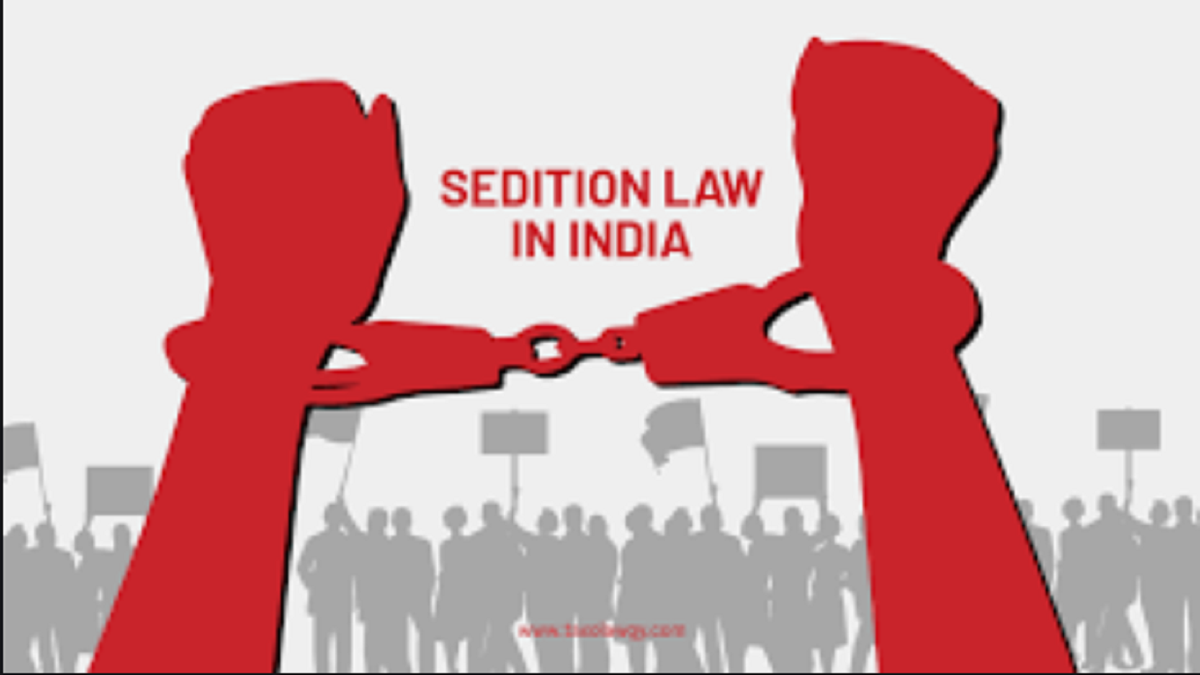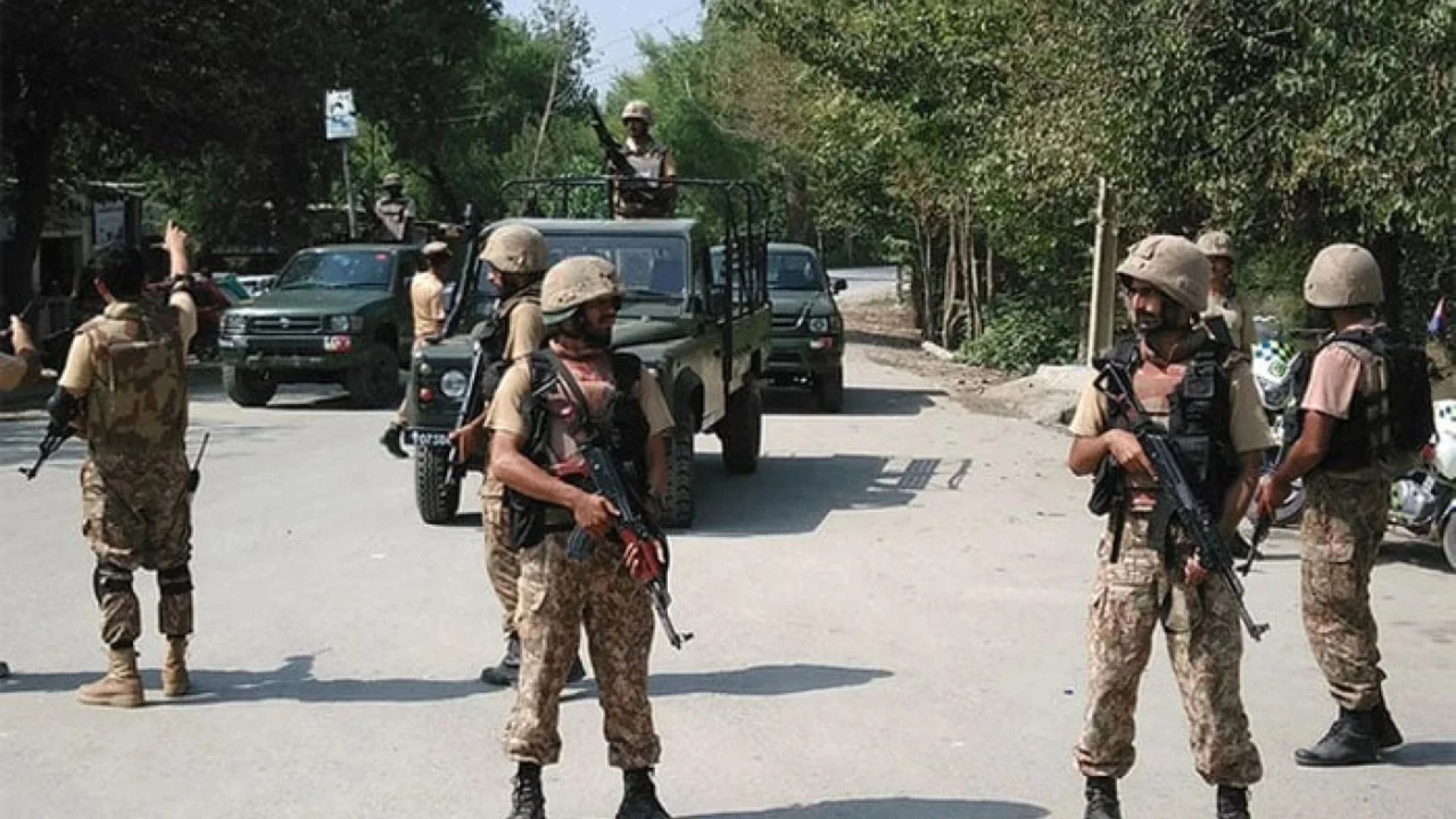
In a historic development, the Supreme Court on Wednesday ordered that Section 124A of the Indian Penal Code, which criminalises the offence of sedition, be kept in abeyance till the government’s exercise of reviewing the law is complete. However, reacting to the Supreme Court’s ruling to put the sedition law on hold, Union Law Minister Kiren Rijiju on Wednesday said the Centre respects the court and its independence, but that there is a “Lakshman Rekha” which needs to be respected by all organs of the state in letter and spirit.
A bench of Chief Justice of India N.V. Ramana, Justices Surya Kant and Hima Kohli also asked the Central government and states not to register any cases under Section 124A. If such cases are registered in future, the parties are at liberty to approach the court and the court has to expeditiously dispose of the same, the bench added. The apex court also said that those already booked under Section 124A IPC and are in jail can approach the concerned courts for bail. “It would be appropriate to put the provision on abeyance,” the bench ordered.
Allowing the Central government to re-examine and reconsider the provisions of Section 124A, the apex court said that it will be appropriate not to use the provision of law till further re-examination is over. The bench has posted the hearing of a batch of pleas challenging the constitutional validity of the sedition law, in July.
In its order, the bench stated, “The court is cognizant of the duty of the State on one hand and citizens’ civil liberties on the other. There is a requirement of the balance of consideration. The case of the petitioner is that this provision of law dated back to 1870 and is being misused. The Attorney General had also given instances of glaring misuse like cases registered for a recital of Hanuman Chalisa.”
“It is clear that the Central government agrees that rigours of Section 124A is (sic) not in tune with the current situation and it was intended for the time when the country was under colonial law. Thus Centre may reconsider it… it will be appropriate not to use this provision of law till further re-examination is over. We hope Centre and States will desist from registering any FIR under 124A or initiate a proceeding under the same till re-examination is over,” it added.
At the outset of the hearing Solicitor General, Tushar Mehta appearing for the Centre told the top court government cannot prevent police from registering a cognisable offence under sedition provision, but an FIR under Section 124A would be registered only if the area Superintendent of Police (SP) is satisfied that facts of a case involve sedition offence.
“Once there is cognisable offence and it is held valid by Constitution bench then staying the effect may not be the correct course of action. that is why responsible officers must take responsibility. His satisfaction would be subject to judicial review before a magistrate,” Mehta submitted. Solicitor General said pending sedition cases can be reviewed during the re-examination process of the provision by the Centre for early grant of bail to those booked under Section 124A IPC.
On Tuesday, the top court asked the Centre to inform it if the registration of future cases for sedition can be kept in abeyance till it completes the reconsideration process with respect to sedition law. It had also asked the Central government what it proposes to do about pending and future sedition cases as the Centre decided to re-examine the validity of Section 124A.
On Monday while filing a fresh affidavit, the Centre told the apex court that it has decided to re-examine and reconsider the provisions of Section 124A and requested it not to take up the case till the matter is examined by the government. During the hearing yesterday senior advocate, Kapil Sibal appearing for petitioners told the bench that the then Prime Minister Jawaharlal Nehru had termed Section 124A as the most obnoxious provision aimed at stifling dissent and Mahatma Gandhi had termed this as a most potent weapon to silence opposition to govt.
Solicitor General Mehta replied that this government is trying to do what Pandit Nehru could not do then. “What the government headed by Nehru Ji could not do, we are doing it now,” Solicitor General had said. In the affidavit, the Centre said that Prime Minister Narendra Modi is of the firm view that the baggage of colonial-era laws, which outlived their utility, must be scrapped during the period of ‘Azadi Ka Marti Mahotsav’ (75 yrs of independence). In that spirit, the government of India has scrapped over 1500 outdated laws since 2014-15, it said on Monday. However, on Saturday the Central government told the Supreme Court that the 1962 verdict of the five-judge Constitution bench case which upheld the validity of the offence of sedition under Section 124A of the Indian Penal Code, is binding and continues to be is a “good law and needs no reconsideration”. It had said that the 1962 five-judge bench judgement of the top court in the Kedar Nath Singh v/s State of Bihar case which upheld the validity of Section 124A of IPC has stood the test of time and applied till date in tune with modern constitutional principles. It said the 1962 verdict is a good precedent and that it requires no consideration and isolated instances of misuse cannot be a ground to uproot the precedent that has withstood the test of time for over six decades.
Meanwhile, speaking to the media, Union Law Minister Kiren Rijiju said, “We have made our positions very clear and also informed the court about the intention of our Prime Minister Narendra Modi. We respect the court and its independence. But there’s a ‘Lakshman Rekha’ (line) that must be respected by all organs of the state in letter and spirit.” “We have to ensure that we respect the provisions of the Indian Constitution as well as existing laws,” Rijiju said. (WITH AGENCY INPUTS)















